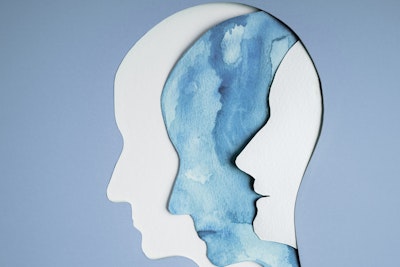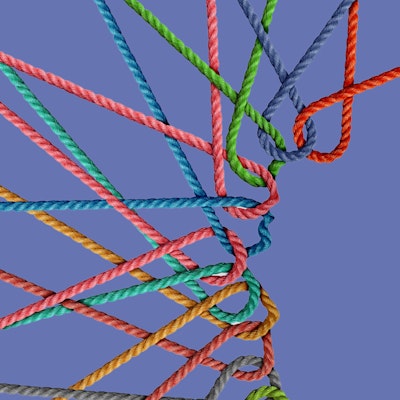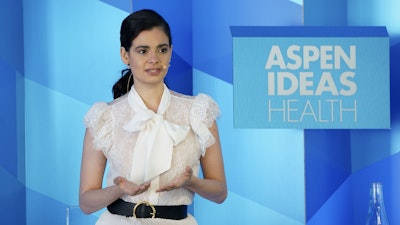The New Puberty: How to Navigate Early Development in Today’s Girls
Setup
A sea change is underway among many of today’s girls: they are developing faster and entering puberty earlier than ever before. Just a generation ago, fewer than 5 percent of girls started puberty before the age of eight; today that percentage has more than doubled. Early puberty is not just a matter of physical transformation – it’s deeply psychological too, with effects that can put a girl at higher risk for behavioral problems as well as long-term health challenges such as obesity, depression, eating disorders, and even cancer. Why is this happening, and what does it mean for our girls’ futures? What can we do to help lead them through this major transition to live happy and healthy lives?
- 2016 Health
- Health
Explore More
Health

Our attitudes, habits, pleasures, and responsibilities shift across the generations, influencing the health challenges we face and how we respond to them. Expectations about h...

As we wrap-up another year of elevating big ideas at Aspen Ideas: Health, we're excited to share the 15 most-watched sessions from the event. These conversations with inspirin...

In America, millions of people struggle with mental health including depression, anxiety, and more — all further exacerbated by living through a pandemic. The National Allianc...

The United States spends $4.3 trillion—almost one fifth of the nation’s GDP—on health care. As the scale of the medical enterprise expands, venture capitalists are pursuing th...

Today's kids are coming of age against a backdrop of political, social, technological and economic upheaval. While these circumstances are shaping a precocious generation that...

Advocates, healthcare providers, legislators, researchers, and venture capitalists are bringing the unique health needs of women to light – from vigorous policy debates on iss...

From the debate over reproductive rights to the epidemic of gun violence to the youth mental health crisis, this year's Aspen Ideas: Health sessions tackled many of today's mo...

The recognition that all things are connected is at once a scientific principle and a philosophical touchstone. Humans, animals, and the environment are intertwined in complex...

Our need for human connection is profound and deep. Yet, today, one in two adults are living with measurable levels of loneliness – and the numbers are even higher among young...

Artificial intelligence is revolutionizing health care by improving patient navigation, telehealth and the speed of drug development. From enhancing patient and provider exper...

Brain-computer interfaces show potential to restore function to people impacted by incurable neurological conditions such as stroke, spinal cord injury, traumatic brain injury...

Neurodivergent people make up 15% to 20% of the global population, and visionaries are busy trying to foster welcoming environments in areas like adaptive sports, fashion des...

Across the globe, humans are living and working longer than ever — and today’s systems, governments and businesses aren’t prepared. Examine how we can reimagine work, wealth a...

Given what we learned from the global turbulence from COVID-19, are we any more prepared for the next pandemic? Author and journalist Michael Lewis and Adar Poonawalla, CEO of...

Few people are more deeply steeped in science than Francis Collins, former director of the National Institutes of Health and the groundbreaking Human Genome Project, and forme...

Climate change is a threat multiplier with a disproportionate impact on vulnerable populations. Girls and women, who are denied equitable access to education and economic oppo...

Featuring inspiring conversations, the closing session is not to be missed. First, U.S. Surgeon General Vivek Murthy and Jennifer Ashton of ABC News explore the loneliness epi...

The experience of loss alters the map of the world imprinted on our brain, disrupting patterns and expectations as it struggles to form new ones. Grief is a kind of longing, n...

The idea of gathering DNA samples into a vast database in order to identify disease risks and breakthrough therapies was once a distant dream. Not long ago, immunotherapy seem...

From in vitro fertilization (IVF), which combines human eggs and sperm outside the body, to in vitro gametogenesis (IVG), which uses stem cells to create gametes, pregnancy is...



